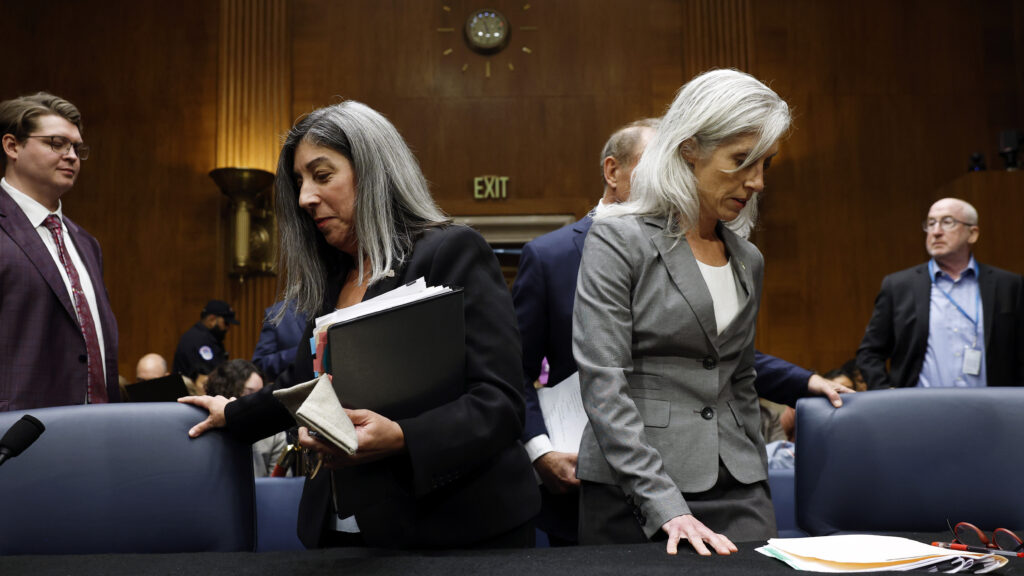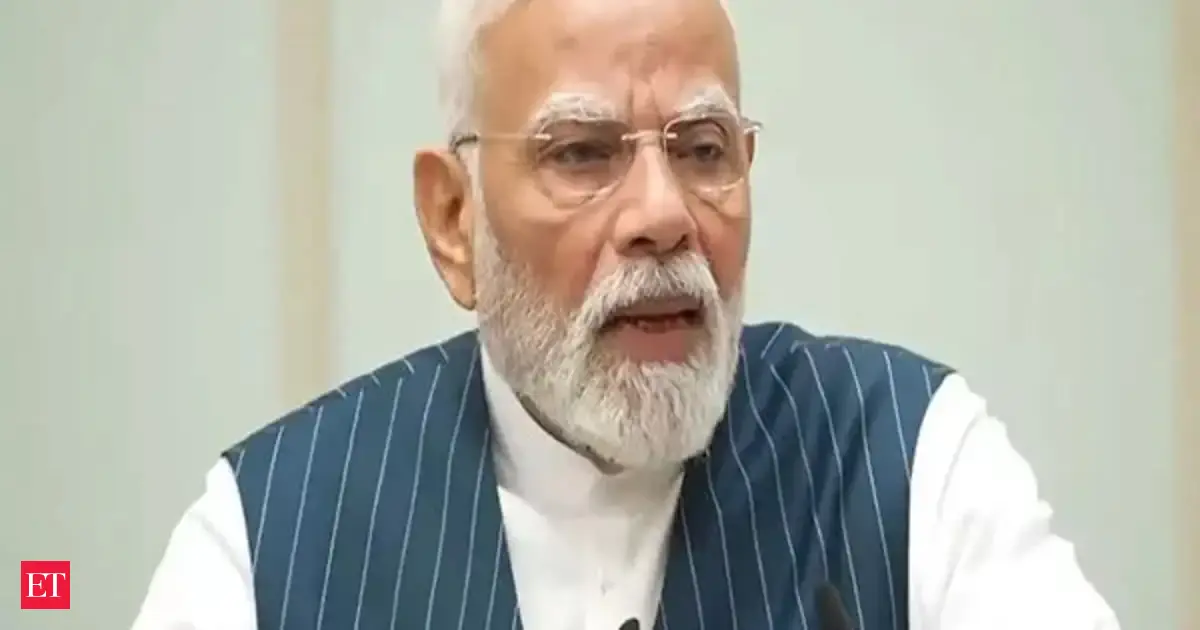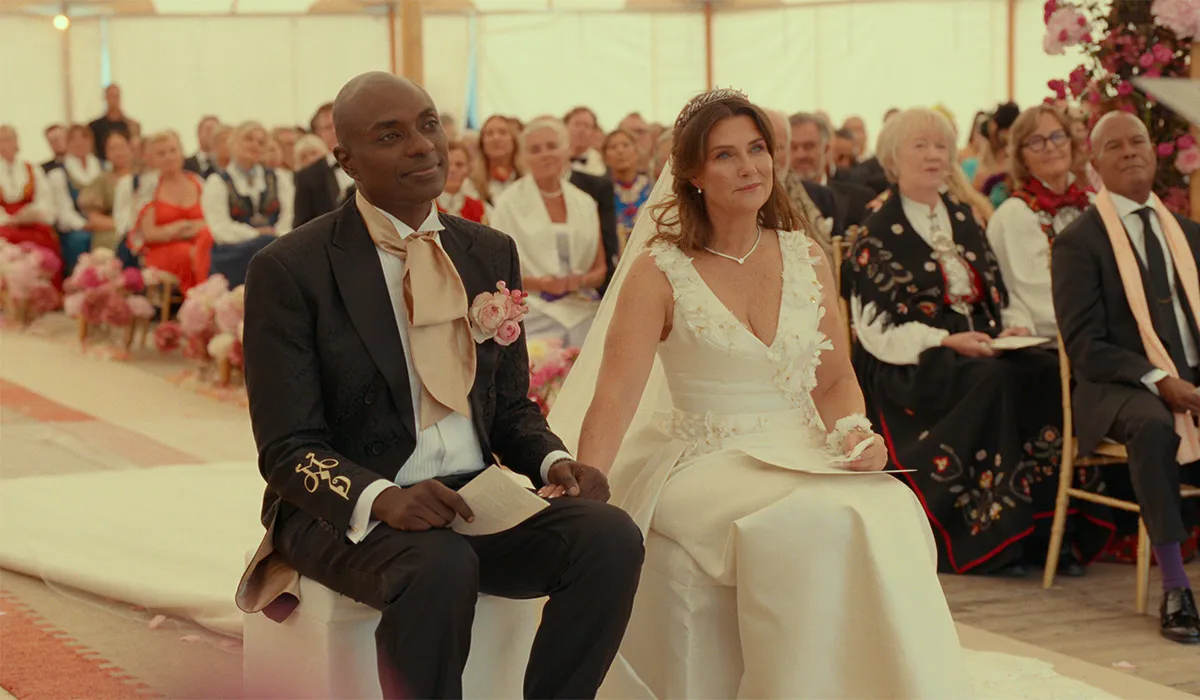
The nation’s top health agency is not well, according to a portrait that emerged in testimony Wednesday by two of its former leaders.
Susan Monarez, abruptly fired 29 days into her tenure as director of the Centers for Disease Control and Prevention, and Debra Houry, who resigned as chief medical officer that day, provided new detail about stresses on the agency under questioning at a hearing before a Senate health committee.
Advertisement
Each described an organization hollowed out not just by job losses but also by a new internal climate of fear chilled by external mistrust of science. And the turmoil at the agency is hurting its ability to support health agencies around the country and the world, they said.
CDC scientists are now reluctant to be named at an advisory panel’s meeting Thursday and Friday on vaccination schedules, Houry said. “Politicals” — appointees installed at the agency by health secretary Robert F. Kennedy Jr. — are vetting decisions and setting scientific meeting agendas that used to be made by scientists, Monarez confirmed. Working groups reviewing science to help policy-making groups have been sidelined, they both said.
“Even at the ACP meeting, you’ll notice we don’t have our subject matter experts presenting anymore,” Houry said about the Advisory Committee on Immunization Practices, remade in recent weeks. “It’s taken up to a leadership level because we did that to protect our staff and scientists, so that they would be disconnected and their names not associated, so that they won’t be targeted.”
Advertisement
Most of the CDC’s 12 centers, from chronic disease to injury prevention, are in limbo, awaiting changes being pursued by a larger reshaping proposed for the Department of Health and Human Services would end their jobs. Houry said she was the last career scientist left in the office of the director.
“I have no doubt that my role will be replaced by a political,” she said. “We do have center directors, although 80% are now acting because they’ve been fired, resigned, or retired.”
And beyond the Atlanta headquarters, where memories of last month’s shooting are fresh (Houry corrected one senator’s 150 bullets to 500 bullets fired), there are the state and local public health departments that depend on CDC funding and expertise to respond to measles outbreak and other urgent needs.
“Each bullet was meant for a person, and each of my staff were very traumatized afterwards,” Houry said. “I had staff that were covering their kids in the daycare parking lot. There were people that were out at the rideshare as bullets were passing over their heads. I have many that won’t speak about vaccines now, remove their names off of papers. They don’t wish to present publicly anymore because they feel they were personally targeted because of misinformation.”
Global health is feeling the effects, too. CDC has seen a 60% decrease in flu samples and a 70% decrease Covid samples, a drop Monarez attributed to the withdrawal of the U.S. from the World Health Organization.
“Many countries don’t view us as the same level of partner,” Monarez said. “That’s something that can be overcome, but it takes leadership to really proactively re-establish those partnerships so that we’re not flying blind. We know what pathogens are out there.”
Closer to home, Sen.Tim Kaine (D-Va.) tallied the cost of contact tracing for one child with measles in his state in light of budget cuts to CDC that mean rescinding $11.4 billion in public health funding to states. Virginia spent $425 million during the worst measles spread in recent years to update the state’s tracking technology, upgrade the state epidemiology labs, and to support community health workers, he said. But 500 employees and contractors in Virginia have been laid off because of these cuts.
“As we see budget cuts to CDC, your community will see that too, and the boots on the ground work that you did in Virginia is exactly the heart of public health,” Houry said.
Advertisement
Monarez was asked by several senators to repeat what happened Aug. 25 in her conversations with Kennedy, in which he called CDC the most corrupt federal agency in the world, described employees as horrible people, and accused CDC workers of killing children “and they don’t care.”
Monarez resigned because CDC leaders were reduced to rubber stamps for decisions made by political staff.
“If you don’t have the commensurate skill sets or the ability to ask the right questions and you’re willing to sign off on decisions that are not made with the best available data and evidence, it does put at risk our children, it puts at risk others who need these vaccines, and it takes us into a very dangerous place in public health.”



